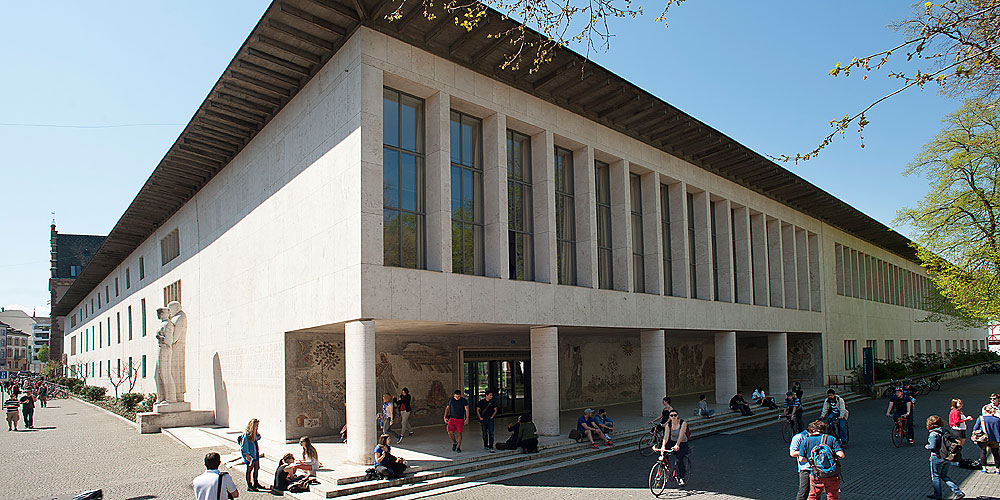The University of Basel’s impressive new Biozentrum building celebrated its official opening on Tuesday in the space of its large atrium. Research in the life sciences in the Basel region will also benefit from its state-of-the-art infrastructure and international reputation.

Cell biologist Benjamin Engel has been appointed assistant professor at the Biozentrum of the University of Basel. Engel’s research focuses on the relationship between the architecture of cellular organelles and their function.
Researchers from the University of Basel have developed an augmented reality app for smartphones in order to help people reduce their fear of spiders. The app has already shown itself to be effective in a clinical trial, with subjects experiencing less fear of real spiders after completing just a few training units with the app at home.

In chronic leukemias, blocking the overactive kinase JAK2 by a targeted therapy approach is only mitigating the patients’ symptoms, but cannot truly change the course of the disease. A study by the University of Basel has shown that it may be possible to improve the therapeutic effects by additionally inhibiting a specific signaling pathway. The results are so convincing that they are already being incorporated into clinical studies in a “bench-to-bedside” approach.

The President’s Office of the University of Basel has decided in its meeting today to introduce a Covid certificate requirement for all face-to-face courses as of 1 November 2021.

Researchers at the University of Basel have developed an analytical method to detect genes involved in the development of cancer. Using this approach, they were able to identify a number of new cancer genes, including one that plays a role in breast cancer.

When questions about the risks and benefits of new technology split society, objective discussion becomes difficult. A University of Basel researcher investigated this kind of polarization using the example of perception of the risk posed by 5G. The research suggests how divergent risk perceptions may arise and how excessive polarization can potentially be countered in the future.

Many cancer patients suffer from anemia leaving them fatigued, weak, and an impaired ability to perform physical activity. Drugs only rarely alleviate this type of anemia. Researchers at the University of Basel have now been able to show what causes the anemia, and that physical exercise can improve this condition.

The biotech company T3 Pharmaceuticals, a spin-off of the University of Basel, has been awarded the Swiss Economic Award 2021 in the hightech/biotech category. The start-up working in the field of immuno-oncology is developing a cancer therapy based on living bacteria.

